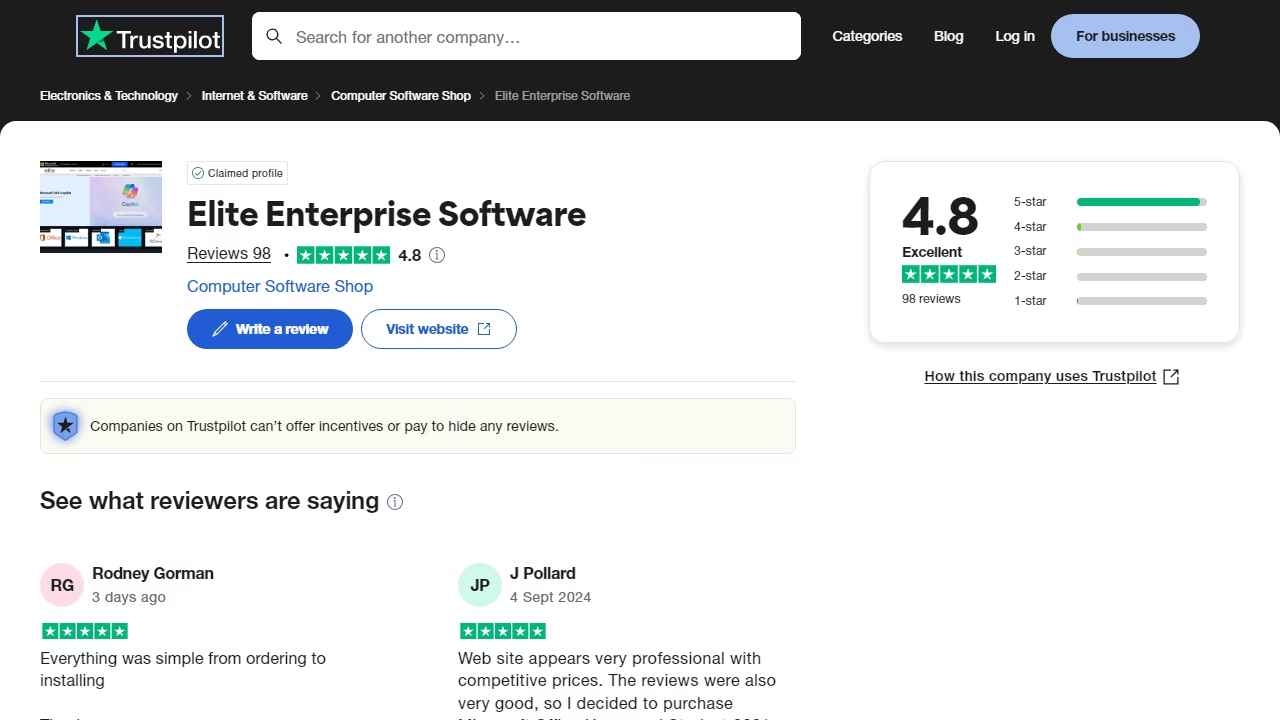Could Windows Server 2025 Trigger a Shift Away from VMware?

The landscape of IT infrastructure is undergoing significant transformations with the upcoming launch of Windows Server 2025. As organizations consider the future of their virtualization strategies, Microsoft's advancements in Windows Server could present it as a worthy alternative to VMware. This article delves into whether Windows Server 2025 could prompt companies to migrate from VMware environments and looks at how Microsoft plans to address common concerns among customers.
VMware’s Position: Why Businesses Are Seeking Alternatives
VMware has long been recognized as the leader in virtualization. However, recent events, such as Broadcom's acquisition of VMware, have caused concerns among customers. The potential changes in pricing models, licensing terms, and product roadmaps have led many businesses to question their long-term commitment to VMware.
As cloud-native technologies gain momentum and there’s a rising demand for more modern infrastructure, IT decision-makers are increasingly exploring alternatives. Microsoft views this shift as an opportunity to promote Windows Server 2025 alongside its Azure Cloud and Azure Stack HCI solutions, presenting a comprehensive approach to meet enterprise virtualization and cloud migration demands.
Windows Server 2025: Key Innovations and Advancements
Microsoft aims to position Windows Server 2025 as a robust platform capable of supporting modern IT workloads. Below are some notable features expected to draw VMware customers toward Windows Server:
Enhanced Virtualization Features
Windows Server 2025 will likely bring significant improvements to Hyper-V, Microsoft’s built-in hypervisor. Key updates, such as better workload isolation, enhanced memory allocation, and stronger container support, are expected to attract enterprises looking for high-performance virtualization capabilities.Integration with Hybrid Cloud
Windows Server 2025 will offer deeper integration with Microsoft’s Azure Arc and Azure Stack HCI, part of its hybrid cloud strategy. These integrations will allow businesses to manage both on-premises and cloud-based workloads seamlessly. For organizations already using Azure, this becomes an appealing reason to consider migrating away from VMware.Improved Security and Compliance
Security remains a top priority for businesses, and Windows Server 2025 is designed with advanced security features like:Enhanced Secured-core server capabilities,
Advanced Zero Trust features, and
More robust compliance tools for industries that face strict regulatory requirements.
Cost-Efficient Licensing
Microsoft’s licensing structure for Windows Server 2025 may offer more predictable pricing compared to VMware’s potential pricing uncertainties under Broadcom's ownership. For IT departments mindful of their budgets, this could be a deciding factor.
Why Organizations Might Migrate to Windows Server 2025
The decision to switch from VMware to Windows Server 2025 depends on several factors. Here’s why Microsoft’s offering could appeal to businesses:
Familiar Ecosystem
Many companies already operate within a Microsoft ecosystem, utilizing tools such as Windows Server, Active Directory, and Microsoft 365. Extending this ecosystem to include virtualization and hyper-converged infrastructure reduces complexity and streamlines IT management.Unified Management Platform
Windows Server 2025 is expected to integrate well with Windows Admin Center and Azure tools, providing a unified interface to manage both virtualized and cloud workloads. This simplifies operations compared to managing VMware’s vSphere in addition to other tools.Synergy with Azure
For businesses looking to transition to the cloud, the seamless integration between Windows Server 2025 and Azure offers an attractive advantage. The ability to extend on-premises workloads to Azure with minimal configuration changes is a significant selling point.
Migration Challenges and Considerations
While the potential benefits of moving to Windows Server 2025 are appealing, organizations must consider several challenges:
Complexity of Migration
Migrating from VMware to Windows Server is not without its challenges. Transitioning workloads requires careful planning to minimize downtime and ensure compatibility between systems.Learning Curve
IT teams familiar with VMware’s environment will need to undergo training to effectively manage Hyper-V and Azure Stack HCI, as the tools and interfaces differ from those offered by VMware.Concerns About Vendor Lock-In
Shifting to Microsoft’s ecosystem could reduce dependency on VMware but create a new reliance on Microsoft’s tools and platforms, leading to concerns about vendor lock-in.
Microsoft’s Strategy: Gaining Market Share from VMware
Microsoft is leveraging its expansive ecosystem to target VMware’s customer base. By highlighting the interoperability between Windows Server 2025, Azure, Azure Arc, and Azure Stack HCI, Microsoft offers a comprehensive solution for both hybrid cloud and on-premises virtualization.
Furthermore, the VMware on Azure partnership gives businesses a gradual, low-risk path to transition from VMware to Windows Server, easing disruption while exploring Microsoft’s broader ecosystem.
Conclusion: Could Windows Server 2025 Drive a Mass Migration Away from VMware?
Whether Windows Server 2025 sparks a migration surge from VMware largely depends on how Microsoft addresses migration challenges, performance issues, and vendor lock-in concerns. For organizations seeking an integrated, cost-effective solution for virtualization and hybrid cloud infrastructure, Windows Server 2025 could become a viable contender.
Ultimately, the decision will come down to each company’s specific strategic goals. By delivering on its promises of innovation, cost efficiency, and seamless integration, Microsoft has a strong opportunity to capitalize on VMware’s vulnerabilities and reshape the virtualization landscape.
As the release of Windows Server 2025 draws closer, IT decision-makers will need to evaluate their infrastructure options carefully, ensuring they align with evolving business demands.
Read More: https://eliteenterprisesoftware.com/news/understanding-microsoft-connected-experiences-controversy/

